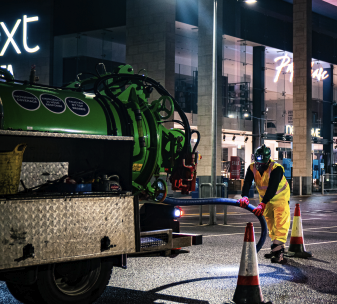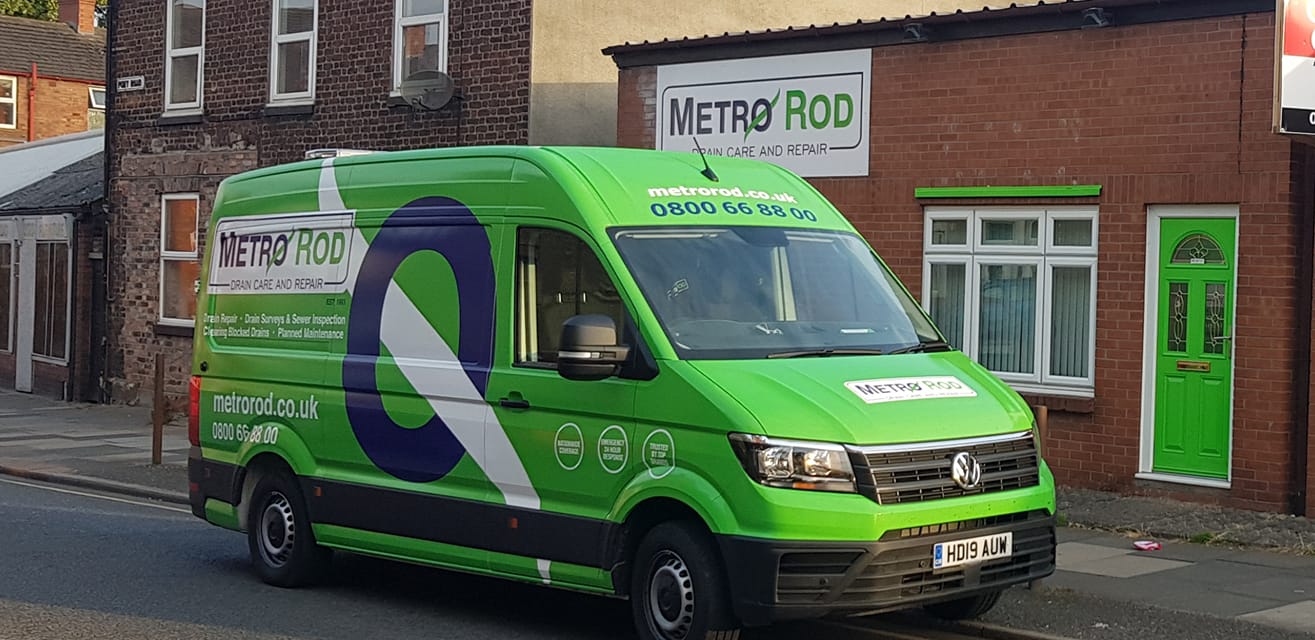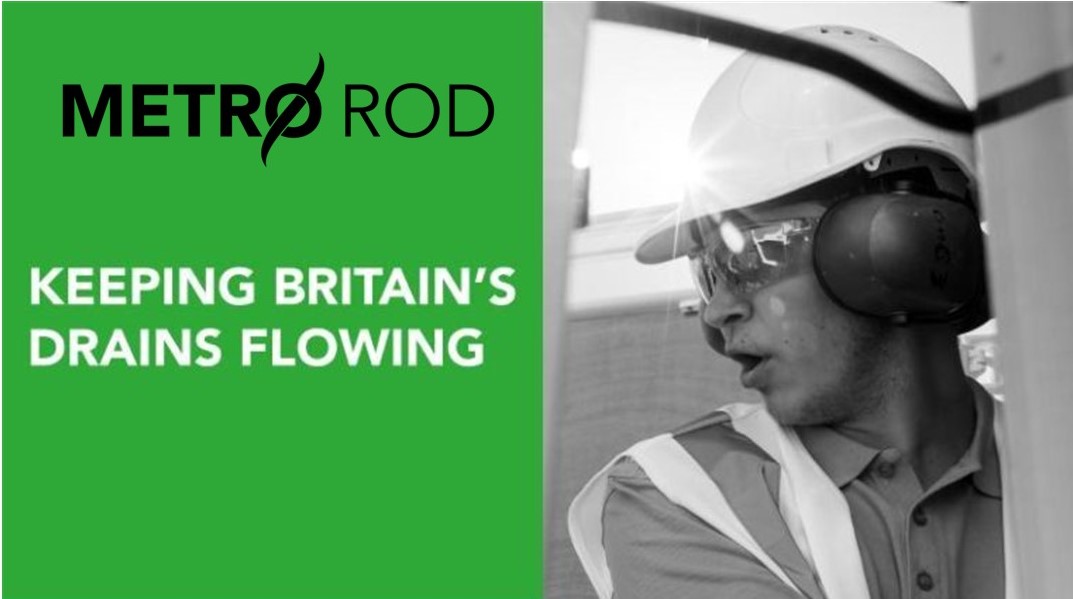Many people think that wet wipes disintegrate when flushed down their toilets. But they don't! They can remain in our sewage systems for up to 500 years, or are swept to sea, where they pollute further!
We are slowly waking up to the problems caused by our throwaway / convenience culture and the impact it is having on our water ways, beaches and oceans.
According to the EarthWatch Institute, 9.3m wipes a day, often used for makeup removal or as hand sanitisers, are flushed down UK toilets. Many wipes contain plastic or wood pulp, which means that despite being labelled “flushable” they do not biodegrade quickly when they enter the sewer system and can lead to blockages.
- 11 Billion wet wipes are used in the UK every year
- Wet wipes cause 93% of blockages in UK sewers and contribute to the “fatbergs”
- The Marine Conservation Society said that during its annual beach clean last year, it found an average of 12 wet wipes per 100 metres of beach cleaned
- Wet wipes are contaminating the river beds and changing the shape of some riverbeds
- When wet wipes with plastic in them degrade they leave behind microplastics which fish ingest
Alternative to Wet Wipes:
Baby Wipes
There was a time, not so long ago when baby wipes didn't exist & the answer then was to use a bowl of water with a soap and a flannel.
You are not always going to have access to soap, water & a flannel so why not try using reusable wipes?
You can make your own from flannels, old towels or muslins.
If you’re just out for a short while you may want to pre-wet your wipes and store them in a waterproof container, or you can make up a solution to take with you in a handy bottle.
A simple solution you can make up:
- 1 ½ cup distilled or cooled boiled water
- 1 to 2 tbsp olive oil or grapeseed oil
- 1 tbsp liquid Castile soap
Always remember to use distilled water if possible, if not use cooled boiled water and only make up in small batches and use the same day.
Face / Makeup Wipes:
Rather than using disposable makeup / face cleanser wipes why not switch to reusable wipes or makeup cloths. There are so many available now in a variety of fabrics that you are sure to be able to find some to suit your skin.
You can use reusable wipes with an oil cleanser to gently remove makeup or something like Rose Water as a gentle toner.
Kitchen / Bathroom Wipes:
You don’t have to miss out on the convenience of having some handy wipes to the ready in the kitchen or bathroom just because you stop using single use wipes. If you switch to reusable wipes you can make your own to use in the kitchen and bathroom.
Here’s a simple way to make your own:
These are great to keep on the side in the kitchen ready for when you need to wipe down the worktops
- 1 cup distilled or cooled boiled water
- ¼ cup white vinegar
- 12 drops tea tree oil
- 12 drops lemon essential oil
- Jar with lid
- 15 – 20 cloth squares
How to make them:
- Put the cloths into the jar. Mix the water, vinegar, and essential oils.
- Pour the mixture over the cloths in the jar. They will soak up the liquid and be ready use.
- Wash after use & make a new batch
Remember not to use vinegar based cleaners on granite, marble, stone or ceramic surfaces and use within a week.
Why not have a go at some of our ideas yourself & share your progress on social media.
Like us on Facebook | Tweet us on Twitter | Connect with us on Linked In | Follow us on Instagram
Visit our website at: www.metrorod.co.uk/cumbria
Call us on: 01228 648050 | Email us directly on: cumbria@metrorod.co.uk
If you have had work carried out by us, please leave us a review: Google My Business | Facebook

Talk to your local Metro Rod specialist
We are always happy to arrange a free site assessment and no obligation quotations for any work you might need. Alternatively, you can call our emergency hotline number on 0800 66 88 00
Get in touch Drainage Services
